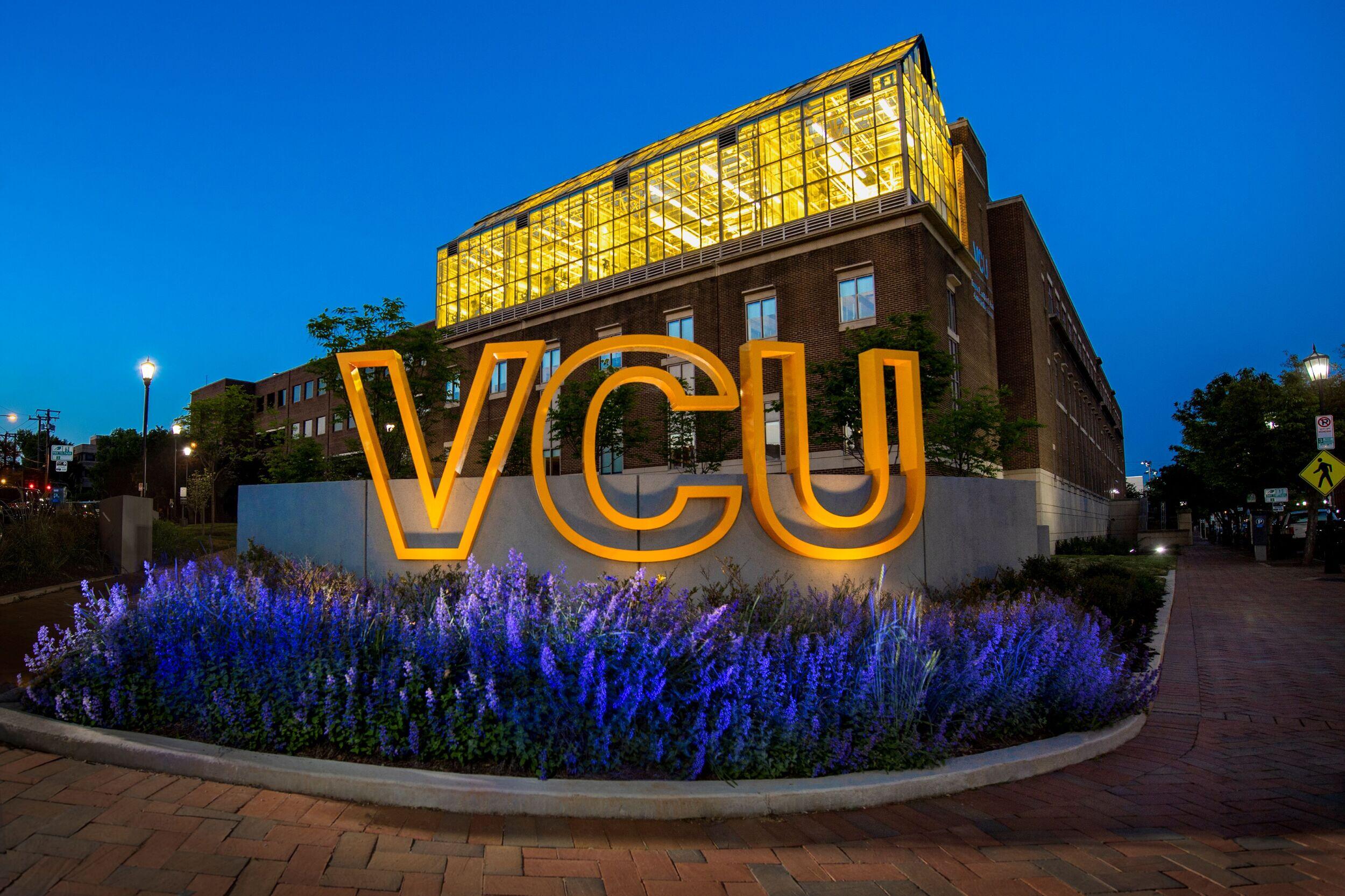
Dec. 8, 2023
VCU climbs to No. 47 among U.S public research universities
Share this story
Building on last year’s entrance into the top 50, Virginia Commonwealth University is now the 47th-ranked public research university in the United States. Reported by the National Science Foundation’s Higher Education Research and Development fiscal year 2022 survey, VCU’s $406.9 million in research expenditures represents a 12% increase on the previous year’s efforts and its first time crossing the $400 million mark.
“A public research university’s role is to advance discovery, creativity and innovation in ways that few other institutions achieve as we endeavor to improve the quality of life everywhere,” said VCU President Michael Rao, Ph.D. “This NSF ranking is a testament to VCU’s commitment to research for the public good. Thanks to my faculty colleagues, our research enterprise has grown exponentially – we’ve risen 18 spots in the rankings and increased sponsored research funding by 71% in just the past five years.
“These figures represent the way in which VCU is finding solutions to vexing problems and research that benefits our communities and people around the world. I am grateful and proud of this achievement and of all the faculty, students and staff whose work and dedication made it possible.”
“Our new NSF ranking is a direct reflection of our researchers’, staff’s, trainees’ and students’ dedication to answering some of society’s most pressing and challenging questions,” said P. Srirama Rao, Ph.D., vice president for research and innovation at VCU. “As a hub of intellectual curiosity, the transformative and collaborative research conducted here serves as a catalyst for innovation and societal impact within our communities at a local, national and global level.”
The National Science Foundation calculates expenditures based on the portion of awarded research grants from various institutions, initiatives, endowments and foundations spent in a fiscal year. The remaining grant amounts carry over to future years. In this annual survey, the NSF defines research and development funding as expenditures from all funding types related to creative and systematic work undertaken to increase the stock of knowledge.
The university’s ranking comes on the heels of record investments and recognitions for several of its centers. Earlier this year, VCU’s Massey Comprehensive Cancer Center achieved comprehensive designation from the National Cancer Institute. This designation marked VCU as just one of 18 public universities in the country to boast a Comprehensive Cancer Center, a Clinical and Translational Research award and a Medical Scientist Training Program.
“We cannot successfully push the boundaries of what we know without fostering transdisciplinary collaboration – our continued growth in research funding and movement up the national rankings tells us our efforts are well placed,” said vice president Rao. “We also know that progress can only be sustained through ensuring that the next generation of investigators are supported outside the classroom through opportunities to engage in real-world research with leaders in their fields.”
VCU’s research is guided by its four collaborative strategic priorities: optimizing health, enriching the human experience, achieving a just and equitable society, and supporting sustainable energy and environments. The research enterprise has played a large role in VCU’s recognition by U.S. News and World Report as the 19th most innovative public university in the country.
The university’s rise in the national rankings has also been bolstered by its efforts towards specific research areas. Interdisciplinary research conducted by faculty and students across three campuses and 15 schools and colleges have resulted in nine of VCU’s NSF-ranked areas being placed within the top 40 among all public research universities and 12 within the top 100:
No. 1: Visual and performing arts
No. 7: Combined non-science and engineering fields (arts, business, communication, education, humanities, law, social work, and visual and performing arts).
No. 11: Education
No. 33: Social work
No. 30: Health sciences
No. 33: Psychology
No. 38: Funding from Department of Health and Human Services
No. 48: Biological and biomedical sciences
No. 39: Life sciences
No. 55: Combined science and engineering fields
No. 64: Computer and information sciences
No. 90: Engineering
Recently, VCU was ranked No. 86 on the National Academy of Inventors’ rankings for utility patents granted. With a focus on taking creative inventions, ideas and innovations into the public domain, the university played a pivotal role in launching seven startups and the issuing of 25 patents.
While the NSF HERD rankings represent the sponsored program activities for FY22, VCU announced it had increased its external sponsored funding for FY23 by 14.5% to $464.6 million – another institutional record. This total includes $211.6 million in federal funding, $74.2 million from the commonwealth of Virginia and $59.7 million in industry funding.
Subscribe to VCU News
Subscribe to VCU News at newsletter.vcu.edu and receive a selection of stories, videos, photos, news clips and event listings in your inbox.










